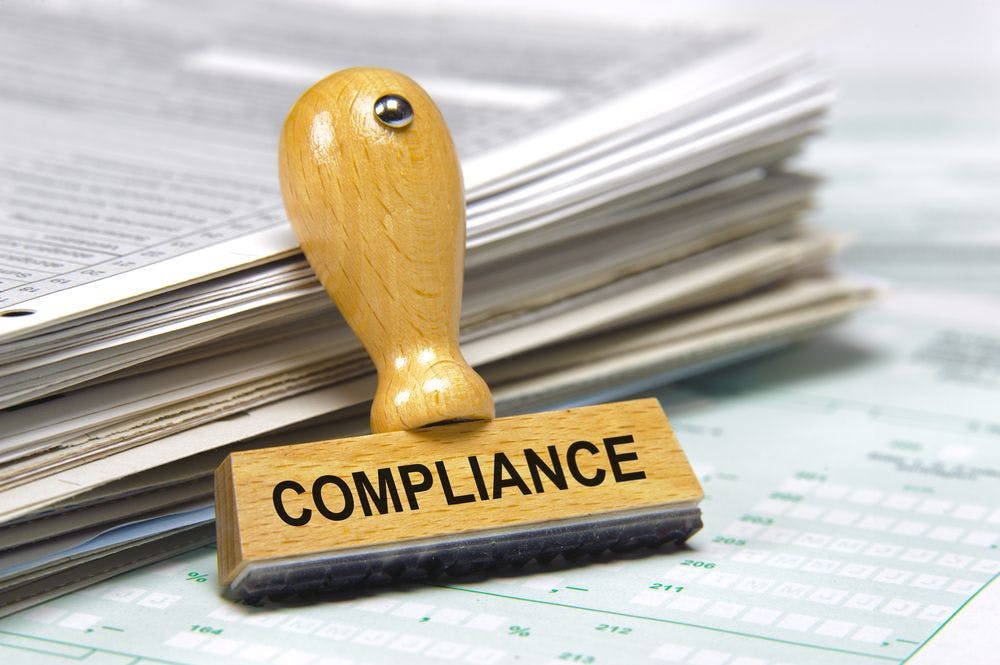Audio Presented by

Premium software solutions for direct selling companies to build new customers, great teams and better products faster!
Story's Credibility



About Author
Premium software solutions for direct selling companies to build new customers, great teams and better products faster!
